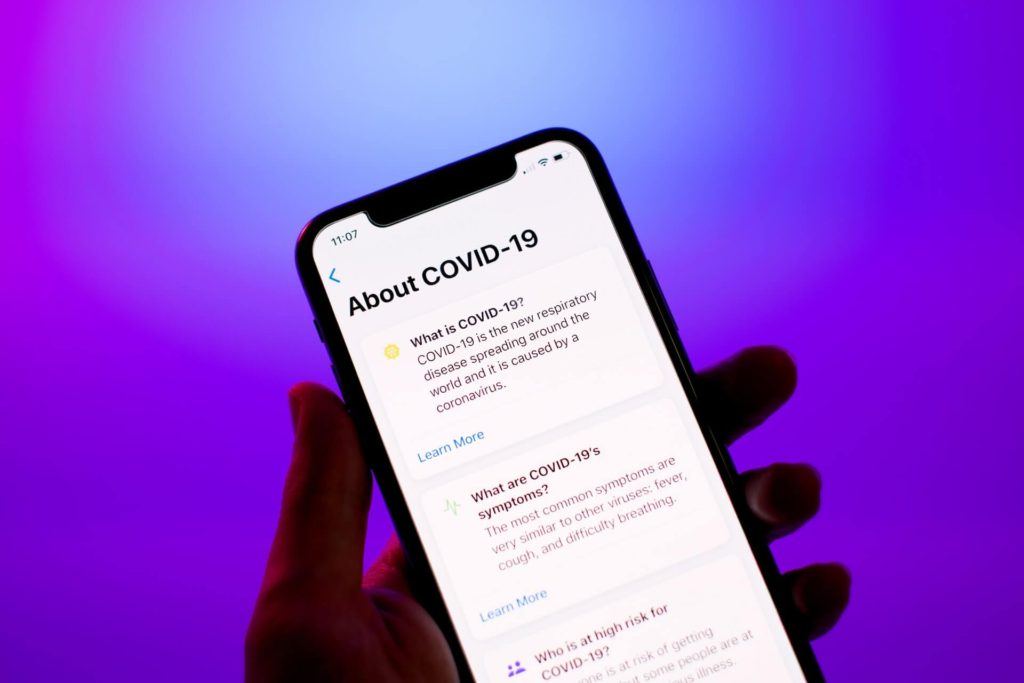
The importance of communication in a crisis
There is nothing like a crisis to make us focus on and re-evaluate our businesses. But the Coronavirus/Covid-19 pandemic is a global crisis the like we’ve never experienced before. And it’s going to impact directly or indirectly all industries, with the hospitality already feeling its impact.
As the pandemic threatens our economies, way of life and our business and personal relationships, communication has become critical.
Time and again when crises hit, television news interviews customers saying: “We’ve had no news”, “We don’t know what’s going on”, and “They aren’t telling us anything”. And we all shake our heads and wonder what is going on.
Then, when the crisis has passed, the company apologises. They tell us that they have learnt lessons and will do better next time.
What they really need is have a crisis communication plan in place that keeps customers informed, the story controlled and the brand protected.
A crisis communication plan means you avoid the customer feeling left out about how the business is reacting to the crisis. This is especially important if their personal money is involved or they have a stake in the company.
Moreover, being ahead of the curve with a crisis communication plan means you are in control of the narrative and events. It is so much better for your clients to find out from you, than through a news channel or social media.
With a communication plan in place, companies are able to build and maintain their existing relationships. Customers are reminded that the company is still active and working through the situation. They can be told the issue and how it is being resolved.
And it allows the company to tell customers it values their business and is doing all it can to rectify or manage the problem. In other words, that the company actually gives a damn!
How resorts can communicate in a crisis
For resorts forced to close due to national or local restrictions, abandoning loyal members and rental guests is a mistake.
Now is the time to communicate with them. Provide clarity and information about the resort’s and destination’s current situation. Inform them how you are taking care of your employees and how you are using this down time. This could be for important maintenance (if allowed), or employee training via online courses.
Then assure them the resort will be ready for them as soon as possible when restrictions are lifted.
If your resort is still open, communicate this information to your customers and tell them who is currently staying at the property. Are you providing free or discounted accommodations to medical personnel, police officers, firefighters, grocery store workers and so on?
All of this provides a tremendous brand value to your property and must be communicated in real time.
A simple crisis communication plan involves:
- Detailed plan – The plan should outline and explain how your organization will communicate about the crisis and handle the crisis. Have a boilerplate statement ready while you gather details.
- Crisis communication team – Responsible for collecting information, creating and disseminating key messages and working with the media.
- Key messages – Consider all possible crises your organization could face and develop key messages to be used in response.
- Internal communications – determine how employees will receive key messages.
- Contacts and media list – Gather contact information for any other organizations you may need to communicate with during a crisis. And make sure you are able to easily access customer information (within compliance regulations).

Don’t forget your employees
While many companies only focus their activities outward to clients, communicating with employees and colleagues quickly and regularly is just as important.
“Employees are increasingly important voices during crises,” says Shel Holtz, principal of Holtz Communication + Technology. “Thanks to social media, what an employee says is heard by a lot of people.”
Social media means that every employee is now a de facto spokesperson with the power to significantly damage your brand. However, with effective internal communications, they can become amazing advocates and providers of credible and legitimate news.
Experts differ in their opinions. Should employees be able to communicate externally on behalf of the company or if only a designated spokespeople should do so. However, they agree that trying to block social media channels is simply not feasible.
Instead of attempting to halt the flood of communication, HR would do better to offer employees accurate and timely information that they can disperse to their own online networks.
Remember, “Employees are probably going to be the single biggest determinant in how fast and how well an organization recovers from a crisis, and they’ll be the first contact with customers as recovery occurs,” says Paul Barton, principal consultant at Paul Barton Communications.
For brands that truly care for the welfare of their staff, regular internal communication can also ensure worker safety (both physically and mentally). There will be a smoother return when staff get back to work, and you will build trust among your employees. They will see that employee care is a priority.
Here are some top tips for communicating with your employees:
- Be proactive – include them in your crisis communication plan.
- Put a crises management team together – those who know what to do when an issue arises.
- Implement a notification system that quickly contacts staff with accurate information, advice and guidance.
- Provide them with correct information in a timely manner.
- Support a two way dialogue – listen to the concerns of your staff.
- Act fast but only say what you know is true – accuracy tops speed.
- Don’t go silent.
- Test and evaluate – make sure staff know and understand the plan and evaluate its success after the crisis has passed.
No one can control when a natural disaster such as Coronavirus will hit, a product malfunctions, or a vicious rumor goes viral. However, business can control how they communicate in the wake of these events. Doing so will help customers and employees get the information they need as quickly as possible without jeopardizing their trust in the company over the long term. That’s at least one crisis averted.
To arrange a demo of Merlin Software and how we can make communicating with your customers, guests and employees easy with our Communication Delivery Engine technology, complete the demo request form today.
References:
Cassling – https://www.cassling.com/
The Society for Human Resource Management – https://www.shrm.org



